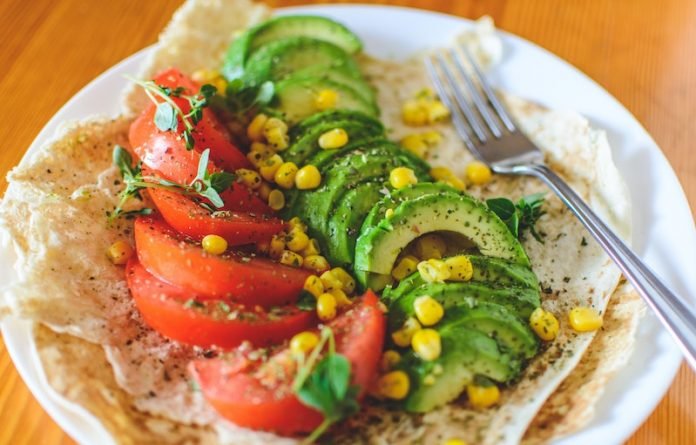
In a study from the University of Leeds, scientists found that middle-aged women with a vegetarian diet had a 33% higher risk of hip fracture compared to regular meat-eaters.
They examined over 26,000 middle-aged UK women to see the risk of hip fracture in occasional meat-eaters; pescatarians, people who eat fish but not meat; and vegetarians compared to regular meat-eaters.
Among 26,318 women, the team found 822 hip fracture cases over roughly 20 years—that represented just over 3% of the sample population.
After adjustment for factors such as smoking and age, vegetarians were the only diet group with a higher risk of hip fracture.
This study is one of the very few studies to compare the risk of hip fracture in vegetarians and meat-eaters where the occurrence of hip fracture was confirmed from hospital records.
The study highlights potential concerns regarding the risk of hip fracture in women who have a vegetarian diet. However, it is not warning people to abandon vegetarian diets.
As with any diet, it is important to understand personal circumstances and what nutrients are needed for a balanced healthy lifestyle.
The scientists stress the need for more research into the exact causes of why vegetarians were at a greater risk of hip fracture.
It is concerning that vegetarian diets often have lower intakes of nutrients that are linked with bone and muscle health.
These types of nutrients generally are more abundant in meat and other animal products than in plants, such as protein, calcium, and other micronutrients.
Low intake of these nutrients can lead to lower bone mineral density and muscle mass, which can make you more susceptible to hip fracture risk.
This makes it especially important for further research to better understand factors driving the increased risk in vegetarians, whether it be particular nutrient deficiencies or weight management so that we can help people to make healthy choices.
If you care about bone health, please read studies that plant-based diets can harm your bone health without these two nutrients, and this bone problem may strongly increase the COVID-19 death risk.
For more information about health, please see recent studies that too much of this vitamin may increase your risk of bone fractures, and results show this type of exercise may protect your bone health, and slow down bone aging.
The was conducted by James Webster et al and published in the journal BMC Medicine.
Copyright © 2022 Knowridge Science Report. All rights reserved.



